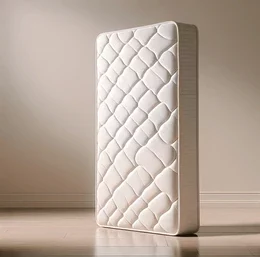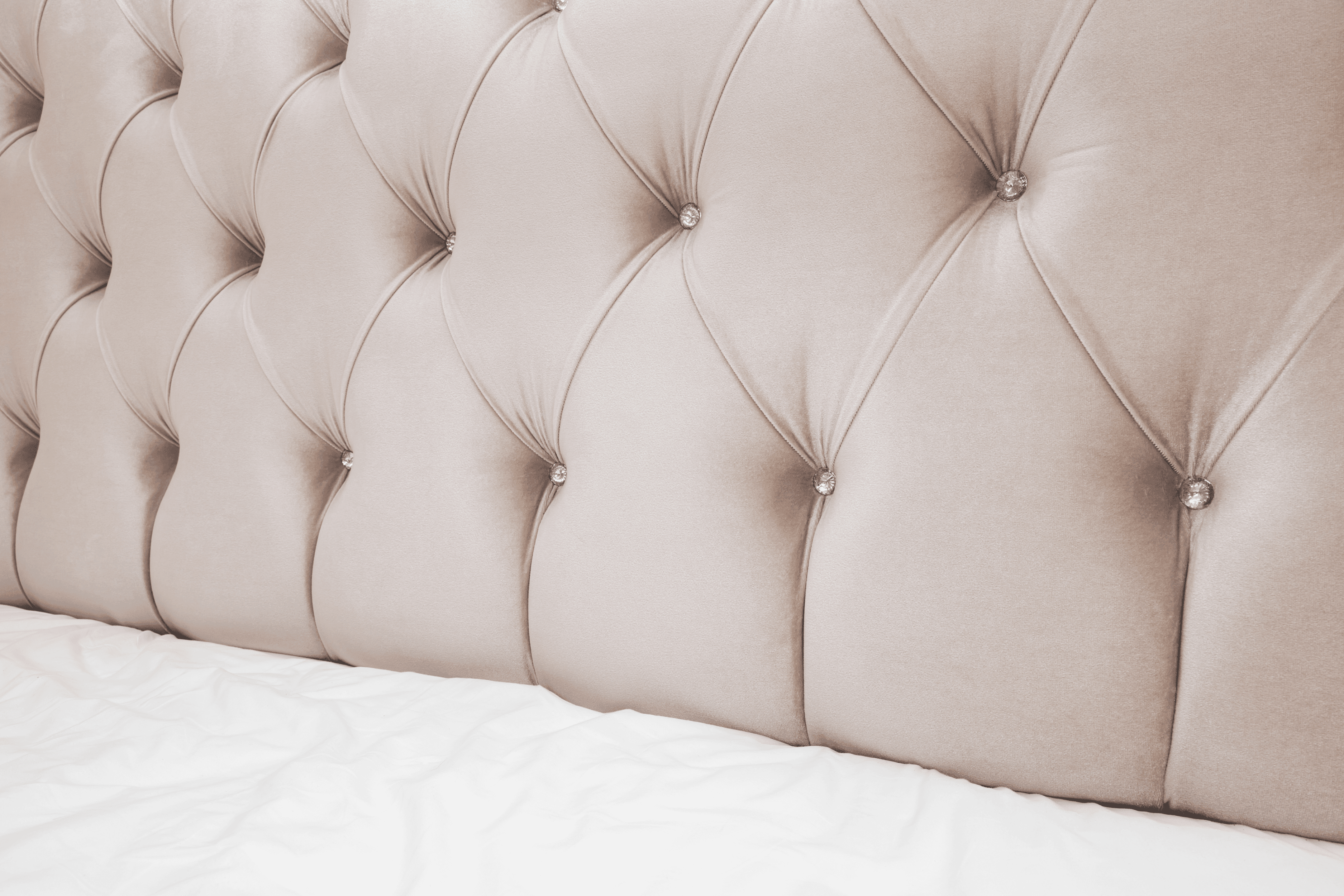Discover how sleep works, why it matters, and how understanding your sleep stages can help you rest better, live longer, and think sharper.
Understand the science of sleep — from REM to deep sleep cycles — and learn how improving your sleep architecture can transform your health and focus.
🛌 What Is Sleep, Really?
Sleep isn’t just rest — it’s active recovery for the brain and body. During sleep, your body repairs tissue, consolidates memory, balances hormones, and strengthens your immune system.
But sleep isn’t just one thing. It moves through stages, each with a unique role in brain and body health.
🔄 The Sleep Cycle: REM, NREM & How They Work
Your body cycles through four stages of sleep multiple times a night, each lasting about 90 minutes. These are broken into NREM (non-REM) and REM stages.
🟩 Stage 1: Light Sleep (NREM)
Lasts 1–7 minutes
Transition between wakefulness and sleep
Heart rate slows, muscles relax
Easy to wake up
🟨 Stage 2: Deeper Light Sleep (NREM)
Lasts 10–25 minutes
Brain waves slow with occasional bursts (sleep spindles)
Body temperature drops
You spend about 50% of the night here
🟦 Stage 3: Deep Sleep (NREM)
Lasts 20–40 minutes (longer in first half of night)
Also called slow-wave sleep
Vital for physical repair, immune strength, and hormone balance
Hard to wake from — grogginess if disturbed here
🟥 Stage 4: REM Sleep (Rapid Eye Movement)
First occurs ~90 minutes after falling asleep
Brain becomes very active (like waking levels)
Vivid dreaming happens
Important for memory, mood regulation, and learning
🧠 You cycle through these 4 stages 4–6 times per night — and each cycle shifts, with REM getting longer toward morning.
🕒 Understanding Circadian Rhythms
Your sleep is governed by your circadian rhythm — a 24-hour internal body clock regulated by:
Light and dark exposure (especially morning light)
Melatonin release (a hormone that signals sleepiness)
Body temperature, cortisol levels, and digestion
When it’s working properly:
You feel alert in the morning
You naturally feel sleepy at night
You fall asleep and wake up at consistent times
Disrupted circadian rhythms (jet lag, shift work, excessive screen time) lead to insomnia, fatigue, and health issues.
🌙 Why Each Sleep Stage Matters
| Sleep Stage | Key Function |
|---|---|
| Stage 1 & 2 (Light Sleep) | Transition and stabilization |
| Stage 3 (Deep Sleep) | Physical repair, growth hormone release |
| REM Sleep | Emotional regulation, memory processing, creativity boost |
Skipping deep sleep can hurt your immune system. Skipping REM can affect your mood, decision-making, and memory.
🧪 Sleep Architecture & Age: What Changes?
As you age, your sleep structure evolves:
| Age Group | Deep Sleep | REM Sleep | Wake Time |
|---|---|---|---|
| Infants | High deep & REM | High | Low |
| Teens | Still high REM | Medium | Increasing |
| Adults (20–60) | 13–23% deep | 20–25% REM | Light waking |
| Seniors (60+) | Less deep sleep | Slightly less REM | More frequent waking |
Older adults often experience fragmented sleep — but that doesn’t mean poor quality if the sleep cycles are still balanced.
💤 What Disrupts Sleep Science?
Modern life throws off our natural rhythm and sleep stages:
Screens at night delay melatonin and REM onset
Alcohol reduces deep and REM sleep
Caffeine blocks adenosine, the “sleep pressure” chemical
Stress & anxiety increase nighttime awakenings
Poor mattresses or pillows interrupt deep sleep due to discomfort
🛏️ How to Improve Sleep Cycle Quality
✅ 1. Stick to a sleep schedule
Same bedtime and wake-up time, even on weekends.
✅ 2. Upgrade your sleep environment
A medium-firm mattress supports spinal alignment
A cool room (16–18°C) aids melatonin release
Blackout curtains eliminate light pollution
Use a pillow matched to your sleeping position
✅ 3. Limit sleep disruptors
No caffeine after 2 PM
Avoid alcohol close to bedtime
Blue light filters or no screens 60–90 minutes before bed
✅ 4. Add pre-sleep routines
Journaling, stretching, breathing exercises
Warm bath or herbal tea
Consistent wind-down ritual signals the brain it’s time for sleep
🧠 Fun Facts from Sleep Science
The brain cleans itself of toxins (like beta-amyloid) during deep sleep
During REM sleep, your body is paralyzed to stop you from acting out dreams
Sleep-deprived people perform worse than drunk people on memory tasks
Your mattress firmness can shift your time spent in deep sleep by up to 15%
❓ Sleep Science FAQs
Q: How much REM sleep do I need per night?
A: Around 90–120 minutes per night (20–25% of total sleep). It increases in the second half of your sleep cycle, so avoid cutting mornings short.
Q: Can I track my sleep cycles at home?
A: Yes! Smartwatches, sleep tracking rings, and even some apps can show estimated cycles, though they’re not as accurate as lab studies.
Q: What helps increase deep sleep?
A: Regular exercise (not too late), magnesium-rich foods, avoiding alcohol, and a cool, quiet sleep setup.
📌 Conclusion: Respect Your Sleep Cycle, Respect Your Life
When you understand how sleep works, you stop seeing it as downtime and start treating it like essential maintenance.
Getting better REM and deep sleep leads to:
Stronger memory
Sharper focus
Better skin & muscle recovery
Emotional balance
Lower disease risk
🔗 Explore More:
✅ [Which Mattress Is Best for Deep Sleep?]
✅ [Sleep Journal: Track Your REM & Dreams]
✅ [Best Bedroom Essentials to Support Circadian Health]






